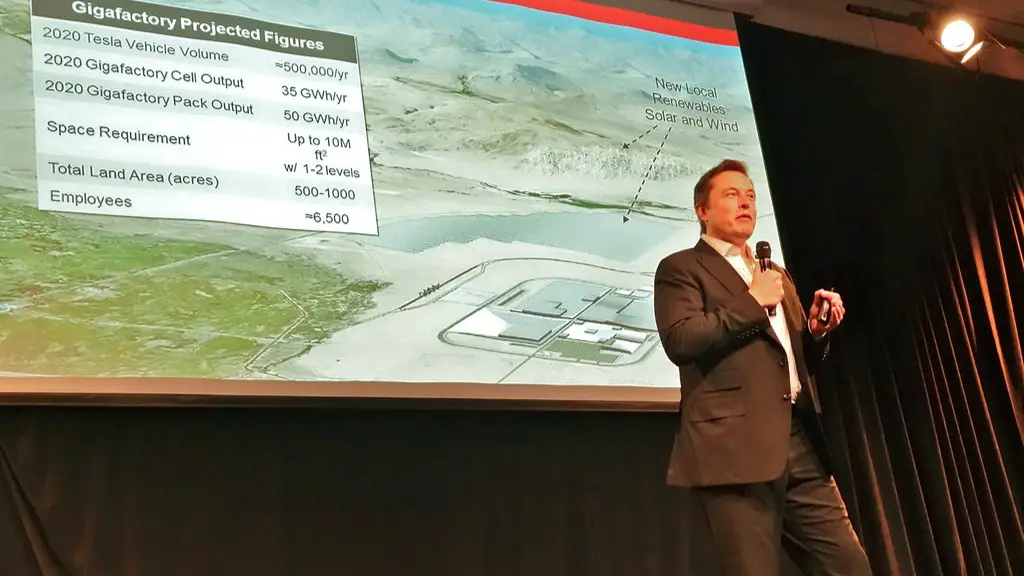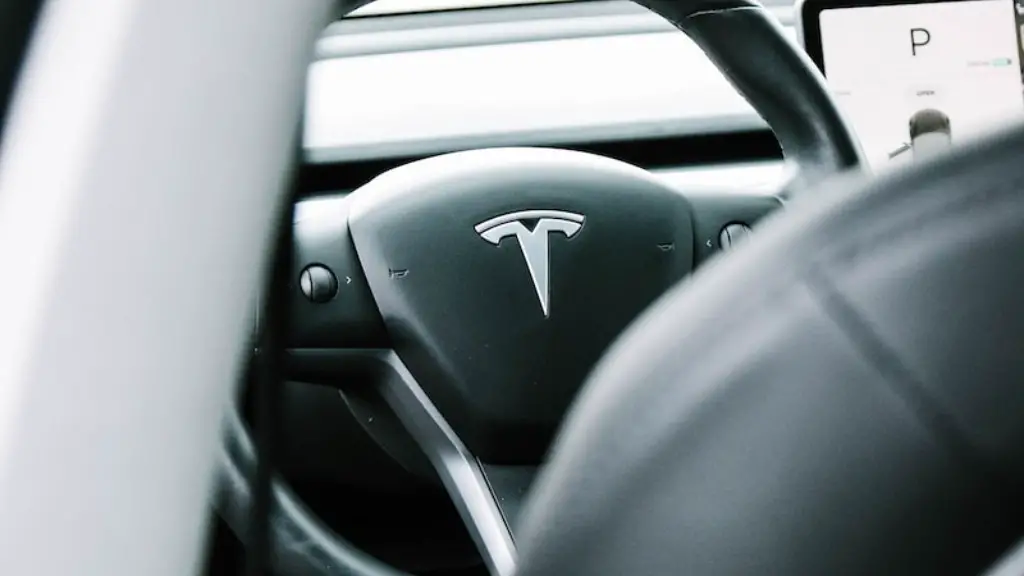Early Years and Education of Elon Musk
Elon Musk was born in 1971 in Pretoria, South Africa. His mother, Maye Musk, was a Canadian-born model and dietitian, and his father, Errol Musk, was an engineer. Musk took an interest in computers from an early age and started programming at the age of 12. He eventually attended the University of Pennsylvania, where he graduated with a bachelor’s degree in economics and a bachelor’s degree in physics. He then went on to study at Stanford University, but dropped out after two days to pursue his entrepreneurial ambitions.
Musk was initially attracted to the idea of making money online, so he started with a couple of projects. One was an online city guide called Zip2 that he founded with his brother in 1995. After four years, Compaq acquired Zip2 for $307 million, netting Musk $22 million.
Musk also founded a software company, X.com, in 1999. X.com merged with Confinity and became PayPal, and this allowed Musk to invest in a variety of other businesses. Of these investments, SpaceX and Tesla Motors were the most successful. In 2002, Musk sold his PayPal shares for $165 million.
Investment in SpaceX
Musk invested some of his PayPal funds into SpaceX (Space Exploration Technologies), which was founded in 2002 with the goal of building reusable rockets and reducing the cost of space travel. Initially, Musk wanted to land a greenhouse on Mars, to start the process of terraforming the planet. SpaceX has experienced rapid success and is now one of the world’s leading space exploration companies. It has completed dozens of NASA missions and launched satellites for private companies.
Musk has invested hundreds of millions of dollars into SpaceX and is estimated to own 40-50% of the company.
Tesla Motors
Musk’s vision to accelerate the transition to sustainable energy has been largely focused on electric transportation. He is a majority shareholder and the CEO of Tesla Motors, a company that manufactures and sells electric cars and power storage solutions.
Tesla Motors quickly gained popularity and became the world’s most valuable car company. Musk is estimated to own roughly 20% of the company. In 2020, Tesla saw a fourfold increase in sales and its stock price tripled.
In addition to Tesla, Musk is also the founder and CEO of The Boring Company, a tunnel construction firm, and Neuralink, a company that develops implantable brain machine interfaces. He also owns major stakes in Hyperloop Transportation Technologies and OpenAI.
Effect of Recent Success on Elon Musk’s Wealth
The success of SpaceX and Tesla has made Musk one of the world’s richest individuals. In 2021, Musk topped the Forbes billionaires list, with a net worth of $177 billion. He has continued to amass wealth at a rapid rate, largely thanks to the successful performance of Tesla stock. 2020 alone saw a $138 billion increase in his net worth.
Musk’s wealth is closely tied to the stock performance of Tesla, SpaceX, and other companies. He controls an estimated 20% of voting shares in Tesla and, if the stock price increases, so does his wealth. This ties closely with his ownership in SpaceX as well. If SpaceX experiences success, investors gain confidence and are likely to invest more in Tesla.
Effect of Philanthropy on Elon Musks Wealth
Musk is also an active philanthropist and has donated millions of dollars to causes he believes in, such as renewable energy and artificial intelligence. His donations have been aimed at organizations such as the Musk Foundation, which he founded in 2002, the SolarCity Foundation, and Tesla Solar. In 2018, Musk donated $40 million to charities.
Musk’s wealth is also tied to his philanthropy. For example, he donated $1 million to the Future of Life Institute in January 2015. This donation earned Musk a lot of positive publicity and helped strengthen his reputation as an innovative and compassionate entrepreneur.
Positives of Elon Musk’s Fortune
The response to Musk’s success has been largely positive. His wealth has enabled him to continuously push the boundaries of innovation and boldly tackle ambitious projects such as sending humans to Mars. He has also sparked a wave of innovation in the automotive, aerospace, and renewable energy industry.
Musk’s wealth has enabled him to become a major proponent of global sustainability initiatives, such as transitioning to renewable resources and creating a more equitable economy. He has also started initiatives such as the OpenAI project, which is aimed at making artificial intelligence accessible to everyone.
Negatives of Elon Musk’s Fortune
In addition to the pros, there are also some cons to Musk’s wealth. For example, there have been times when his wealth has raised ethical questions. For example, he has been accused of using his wealth to manipulate the stock market and take advantage of the financial system.
Musk’s wealth has also sparked debates about economic inequality. Some have argued that it’s unfair for one person to possess so much wealth while others struggle to make ends meet. Others have argued that, since the wealth was earned rather than inherited, it is not necessarily indicative of economic inequality.
Elon Musks Unconventional Career
Musk’s career has been unconventional, innovative, and ambitious. He has shifted the landscape of the automotive and aerospace industries and has become an icon of bold and ambitious entrepreneurs. Despite his wealth, Musk has continued to pursue ambitious projects and has remained true to his vision for a more sustainable future.
His successes have inspired many people to pursue their own goals, with the belief that anything is possible. Musk has also become a role model for people who have had to struggle and overcome adversity to reach success. His story serves as a reminder that anyone can build a fortune, and that success can come to those who are willing to take risks and think outside the box.



